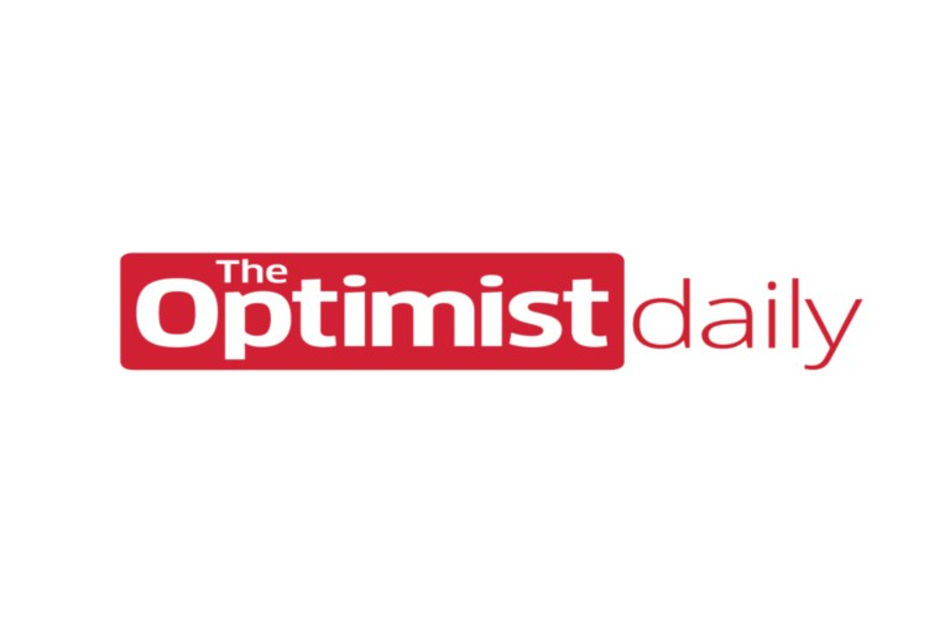In developing countries, human waste is often left out in the open or funneled into the ocean, where it contaminates the water supply—leading to thousands of deaths each year due to gastrointestinal diseases. That’s beginning to change after an alliance of companies like Unilever and nonprofits like The World Bank have come together to launch The Toilet Accelerator, an initiative aimed at providing business support to emerging sanitation entrepreneurs in the developing world. The initiative began by helping companies manufacture toilets at scale, but now they are working with sanitation companies to turn human waste into a “resource” that can be effectively reused. At one sanitation company in Ghana, dried fecal waste is being mixed with organic waste to be converted into biogas that fuels electricity generators.

The developing world is turning its poop problem into a resource
More of Today's Solutions
Colombia sets precedent to protect uncontacted Indigenous communities and bio...
BY THE OPTIMIST DAILY EDITORIAL TEAM In a landmark decision, Colombia created its first officially recognized territory dedicated to safeguarding Indigenous peoples living in ...
Read MoreEffective stress management: trade in the ‘fight or flight’ response for ‘ten...
BY THE OPTIMIST DAILY EDITORIAL TEAM When we experience stress, most of us are familiar with the fight-or-flight response. Our bodies prepare to face ...
Read More3 ways to get the most benefits out of your daily walk
BY THE OPTIMIST DAILY EDITORIAL TEAM We are big fans of a daily walk (or two or three!) here at The Optimist Daily. Did ...
Read MoreNew York Governor protects transgender youth’s right to transition-related care
New York Governor Kathy Hochul took an important step toward preserving the rights of transgender adolescents on Sunday, June 25th, by signing legislation to ...
Read More









